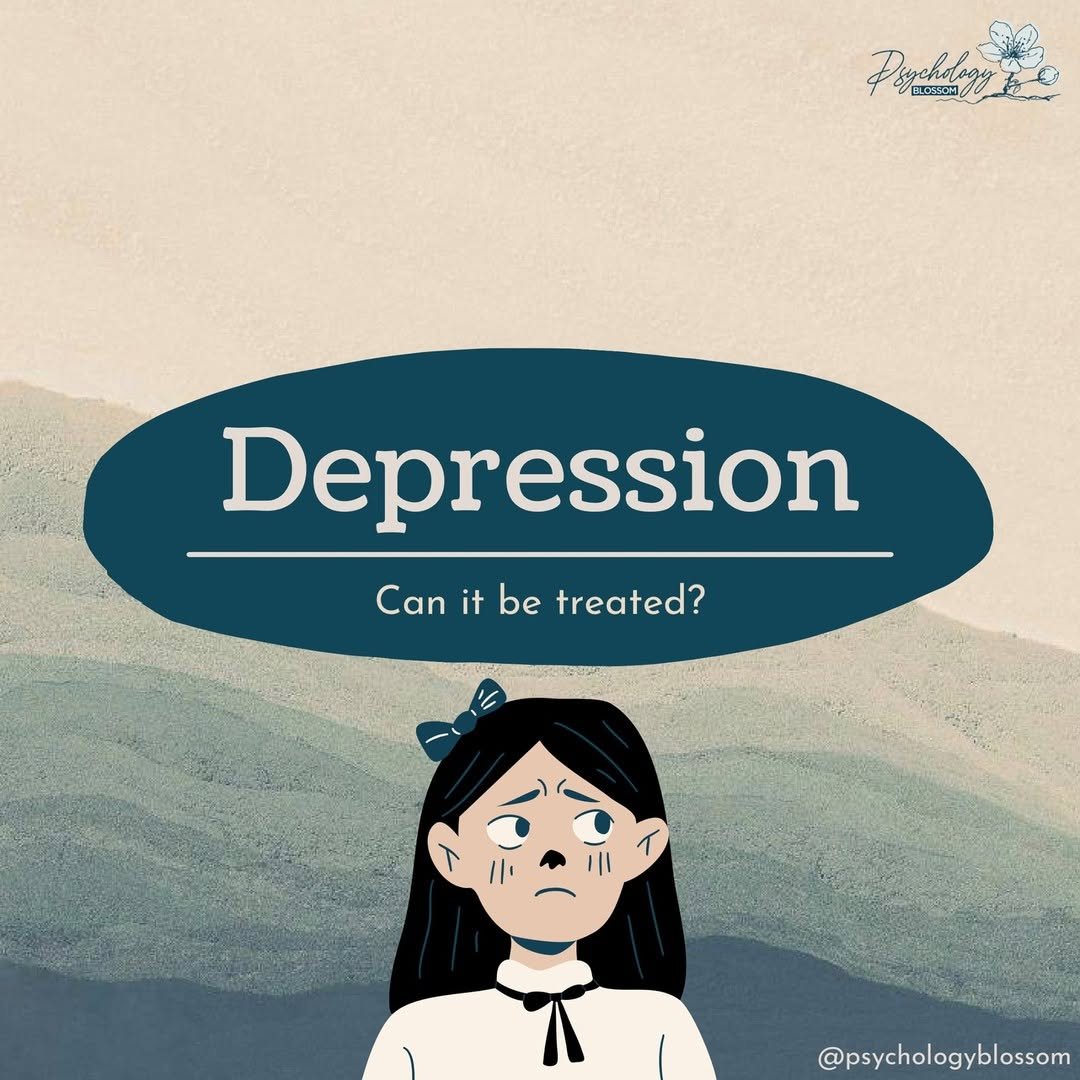Depression vs Normal Sadness: Recognising the Difference
Everyone experiences sadness from time to time. It is a natural emotional response to life’s difficulties, such as failing an exam, losing a loved one, or facing rejection. Sadness usually fades once circumstances improve. However, depression is very different. Depression is a medical condition that affects how people think, feel, and behave. According to the World Health Organization (WHO), over 264 million people worldwide suffer from depression, making it one of the most prevalent mental health conditions. Unlike temporary sadness, depression does not simply go away with willpower, and it can significantly disrupt daily functioning.
Symptoms of Depression
Depression symptoms can range from mild to severe. Experiencing five or more of the following for more than two weeks may indicate clinical depression:
- Persistent sadness or depressed mood
- Anhedonia: Loss of interest in activities once enjoyed
- Changes in appetite leading to weight loss or gain
- Difficulty sleeping or excessive sleeping
- Low energy and persistent fatigue
- Agitation or restlessness
- Difficulty concentrating or making decisions
- Feelings of worthlessness or guilt
- Recurrent thoughts of death or suicide
Risk Factors
While depression can affect anyone, certain life events and conditions increase risk, especially when individuals struggle to cope with them:
- Relationship difficulties
- Financial stress
- Chronic illness or pain
- Unemployment
- Social isolation or lack of support
- Bereavement and loss
Coping with Depression
Managing depression often involves lifestyle adjustments alongside professional treatment. Helpful coping strategies include:
- Spending time with supportive friends
- Pursuing enjoyable hobbies and interests
- Practicing relaxation and self-care
- Maintaining good physical health with exercise, nutrition, and adequate rest
- Organising time to regain control and reduce stress
- Sharing feelings through conversations or journaling
- Seeking therapy for structured guidance
- Learning stress management techniques
- Focusing on gratitude and positive experiences
Treatment Options
Fortunately, depression is highly treatable. Research shows that 80–90% of individuals respond well to treatment. Early and consistent care can greatly improve quality of life. Common treatments include:
✽ Antidepressant Medication
- Helps correct chemical imbalances in the brain that contribute to depression
- Selective Serotonin Reuptake Inhibitors (SSRIs) are commonly prescribed
- Particularly effective for individuals prone to relapse
✽ Psychotherapy
- Cognitive Behavioural Therapy (CBT) is widely used and effective
- Helps identify unhelpful thinking patterns and replace them with healthier perspectives
- Provides practical coping skills to handle stress and improve mood
In many cases, a combination of medication and psychotherapy yields the best outcomes. Treatment is tailored to individual needs, and ongoing monitoring ensures progress.
Diagnosis and Evaluation
A thorough diagnostic evaluation is essential before beginning treatment. This typically involves a clinical interview, a review of symptoms, and a physical examination to rule out other medical conditions. Understanding the biological, psychological, and environmental factors influencing the individual helps professionals develop an effective treatment plan.
Psychology Blossom is not a psychiatric clinic and does not prescribe medication. However, we work closely with Neuropsychiatry Associates for clients requiring psychiatric services.
We recommend This Video to those who want to learn more about Depression and its treatment options.
